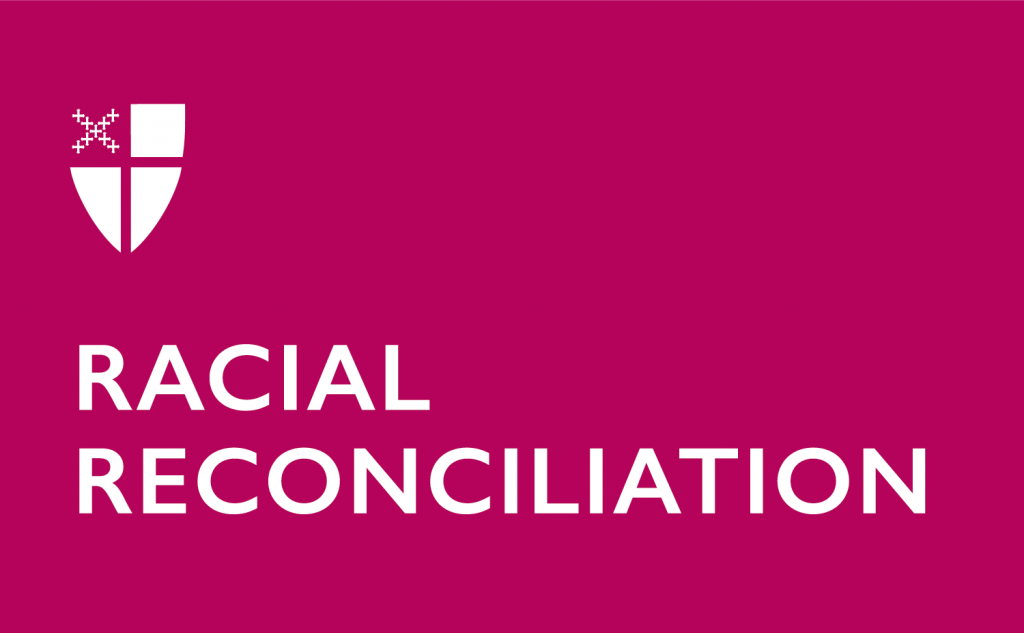Make My Joy Complete, part 1
If then there is any encouragement in Christ, any consolation from love, any sharing in the Spirit, any compassion and sympathy, make my joy complete: be of the same mind, having the same love, being in full accord and of one mind. Do nothing from selfish ambition or conceit, but in humility regard others as better than yourselves. Let each of you look not to your own interests, but to the interests of others.
Philippians 2: 1-4
My uncle, an ordained minister in the Presbyterian church, selected this reading for my wedding over 20 years ago. Each time I read it, I see something new, and am grateful to my samchon for selecting such an appropriate text for the beginning of a lifelong journey with my spouse. There is so much wisdom here—about the importance of being of the same mind and having the same love, and about how right relationship needs to be more important than self-interest. Many people of faith would understand the context that Philippians 2 sets for a marital relationship, but it also sets an appropriate context for talking about race and racism, in the United States and beyond.
For me, the heart of the reconciliation lies in the idea that “being in community” always needs to be more important than “being right.” Most people I know would agree with this in principle, and say “yes, when I find myself in conflict with another, I try hard to understand her/his perspective and experience.” But when that conflict involves our understanding of race and racism, that tendency towards empathy and patience often flies out the window. Instead of trying to listen to and understand one another, we dismiss one another as ignorant, reactionary, naïve, or worst of all, racist. All of these words come from the mouths of loving, faithful, and compassionate people, whose passions become inflamed and whose patience disappears when conversations turn to race.
So what can we do about it? Well, we can start by making the distinction between the intent and impact of our words. Many multicultural trainers use this concept, and many people have written on this topic, for the business world and in more political contexts.
When I worked in an educational setting, I once had a disciplinary case where a young White man had used the N-word in casual conversations with his White peers. A Black teammate took him aside and said that word was inappropriate in any setting, and especially in the team context. The White student defended himself by describing the word’s prevalence in popular culture, and kept insisting that the Black student “…took it wrong. I didn’t mean anything by it.” In other words, he did not intend negative harm, so no harm should have been felt. He could not see that he had done anything wrong, and the conversation was very frustrating for all of us. I finally asked the young man, “What would be the right way for a Black student to take your use of that word?” In other words, what impact should he have experienced? At that point, the young man who had been so defensive and a little self-righteous got very quiet, and then said, “You’re right. I’m really sorry. I never should have used that word.”
When we talk about race and racism, it seems as though our intentions are all that matter to us. The very question of whether racism persists in American society is one of the fault lines along which our ability to be civil to one another breaks down. As I have traveled around the country learning from Episcopalians in many different social and cultural contexts about their understandings of race and racism, I have found that there are some inflammatory comments that consistently limit dialogue and understanding. In my next post, I will talk about three types of comments that I have observed that grow out of good intentions, but hinder open dialogue and lead to mistrust or suspicion.

